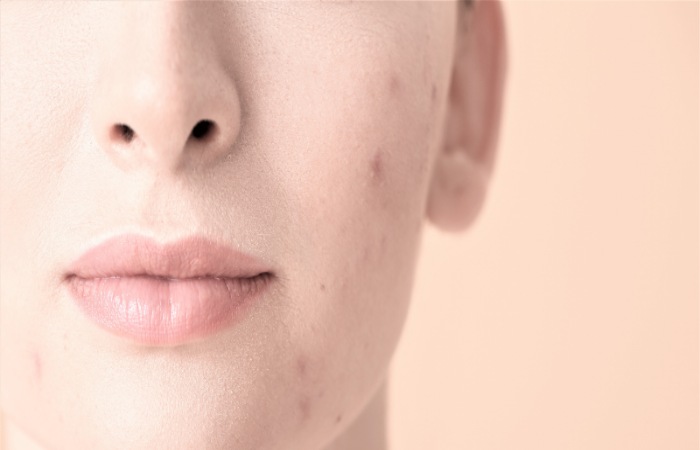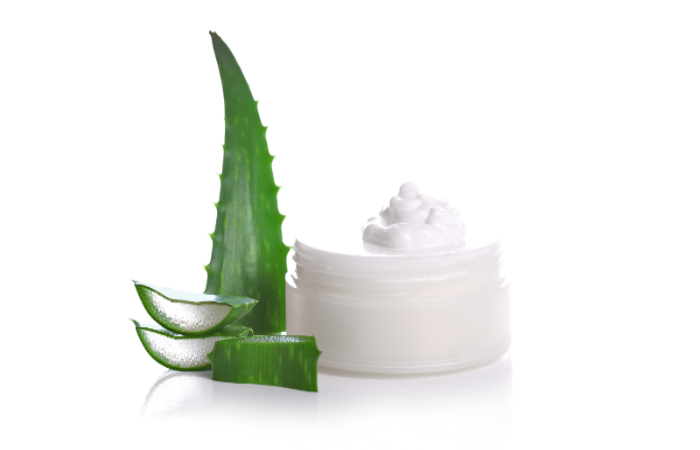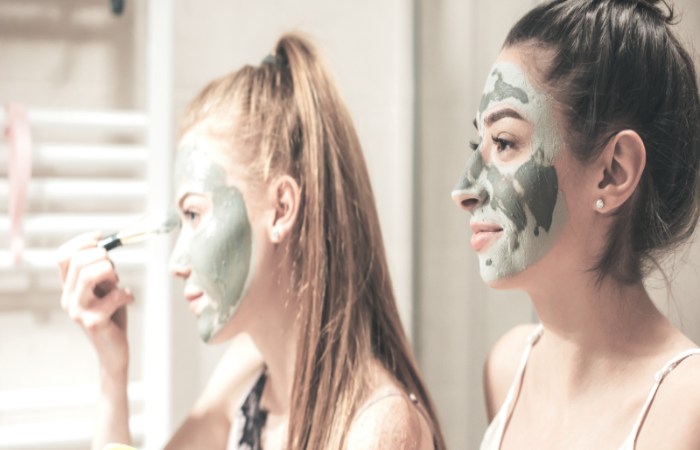Suffering from Acne? You’re not alone. Conventional acne treatments are proven to show the best
and most effective results as acne solutions. They can, however, be expensive and occasionally have
undesirable side effects during the course of the treatment, such as dryness, redness, and irritation.Many people prefer to try out natural treatments such as topical products, plant extracts and dietary
supplements. Most of these treatments aren’t proven to be clinically effective, especially for chronic
acne, but you may want to keep them in mind as preventative measures. Let’s dive in and find out
how effective natural treatments are at treating acne.
Infographic provided by Venus Treatments, experts in the technology behind the minimally invasive hair transplant
Table of Contents
What causes Acne?

Firstly, it is important to understand what is causing your acne before you can treat it effectively.
Acne is prominent when the pores in your skin get clogged with excess oil and dead skin cells. Each
pore is connected to a gland which manufactures an oily substance called sebum. Extra sebum can
cause a blockage in your pores, causing increased growth in bacteria.
Some occurrences of acne are more intense than others. Typical symptoms include whiteheads,
blackheads, and pimples. Many factors may contribute to the development of acne, including
genetics, diet, stress, hormone changes, and infections.
Is it possible to treat acne naturally?

The expense and side effects of conventional acne treatments have prompted many people to try to
cure acne naturally at home. A study conducted in 2017 found that 77% of acne patients had tried
alternative acne treatments.
Many home remedies however lack scientific support, and further research on their effectiveness is
required. What is the best remedy for acne? If you’re looking for alternative treatments, below are a
few of the most popular options you could try:
● Apple cider vinegar
● Zinc supplements
● Make a honey and cinnamon mask
● Spot treat with tea tree oil
● Apply green tea to your skin
● Apply witch hazel
● Moisturise your skin with aloe vera
● Fish oil supplements
● Brewer’s yeast
● Exfoliate regularly
● Follow a low glycemic diet
● Cut back on dairy
● Reduce stress
● Exercise regularly
What can help acne go away?

There’s no guaranteed natural way to rid yourself of acne forever, however, there are some simple
habits that you can add to your daily routine which may help reduce breakouts. Here are some
helpful ideas:
● Wash your face regularly: It’s important to remove excess oil, dirt, and sweat daily, to help
prevent pimples.
● Moisturise your skin: Keeping your skin hydrated is essential-even if you have acne. Dry skin
produces oil to counterbalance, which may result in excess sebum and blocked pores.
● Limit the use of makeup: Using a lot of makeup may cause breakouts by aggravating and
clogging your pores. Ensure that you always wash your makeup off, especially before
bedtime if you do use makeup.
● Refrain from touching your face: Touching your face can spread bacteria and pore-clogging
impurities onto your skin.
● Limit your exposure to the sun: Regular sun exposure dries out the skin, which, over time,
causes it to produce more oil which clogs the pores.
● Avoid popping pimples: Bleeding, severe scarring, or infection can occur when you squeeze
your pimples. It may also enlarge inflammation and clog surrounding pores, exacerbating
your pimple problem.
What really works for acne?
Fortunately, if you’ve tried natural acne treatment remedies and haven’t had any luck, you don’t need
to suffer from acne just because natural remedies haven’t worked for you. There are tried and tested
ways that acne can be dealt with that will flaunt the results you desire. Although there may be an
initial expense and side effects to dermatologically approved treatments, it is totally worth it!
People with moderate to severe acne should consider seeking help from a professional to find relief,
as prescription strength acne treatments have proven to be worth considering.
It may be time to seek help from a professional dermatologist for acne if you:
● Have tried everything you can but nothing seems to help
● Have frequently recurring breakouts that clear up and return
● Get acne in areas such as your thighs or upper arms
● Have painful acne that’s deep under the skin
● Have chronic acne that has been going on for years
● Have acne that affects your self-confidence and social life
● Think your acne may be directly linked to a new medication you’re using
● Have acne that leaves scarring and dark spots
Choose what’s best for yourself long-term
Give your chosen acne treatment at least a few weeks to work before monitoring its effectiveness.
Applying a different product every few days can potentially irritate your skin and cause new
breakouts. If a treatment proves effective, you should notice some improvement in about four to six
weeks.
Standard clinical treatments are still proven to be the most effective for reducing acne. While natural
acne treatments are easy to acquire and implement into your regular skincare routine, there is no
guarantee of positive results.
If you have mild acne, you may be able to manage it with natural remedies, however, if your acne is
moderate or severe, you’ll likely need prescription medication or advanced treatment plans to get it
under control. In either case, it’s strongly recommended that you see a trusted dermatologist for help
rather than testing multiple home remedies, to avoid further irritation and to find the most effective
plan for you to achieve acne-free skin.

